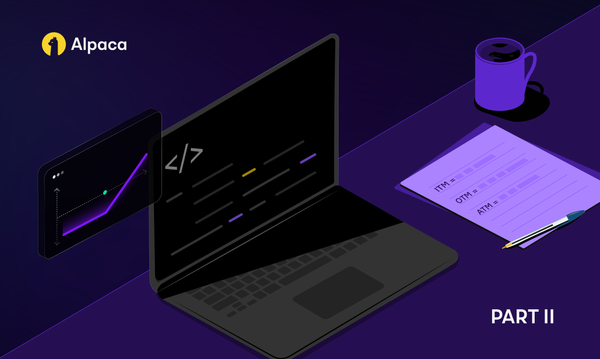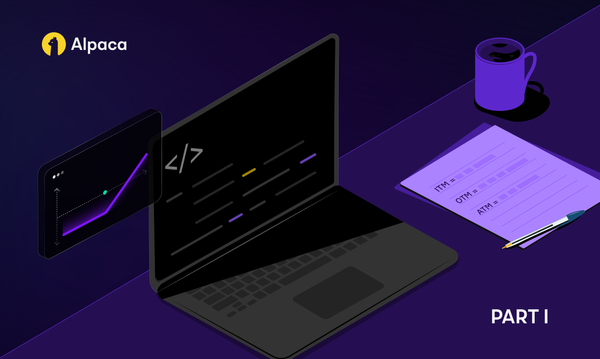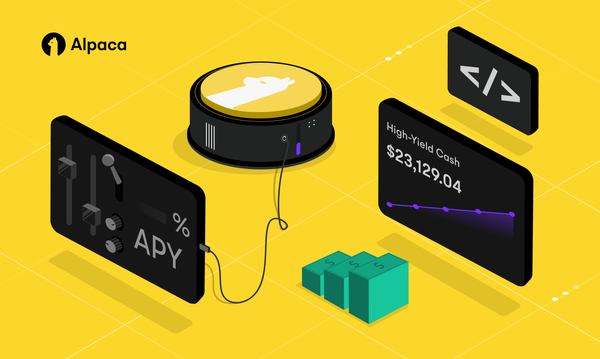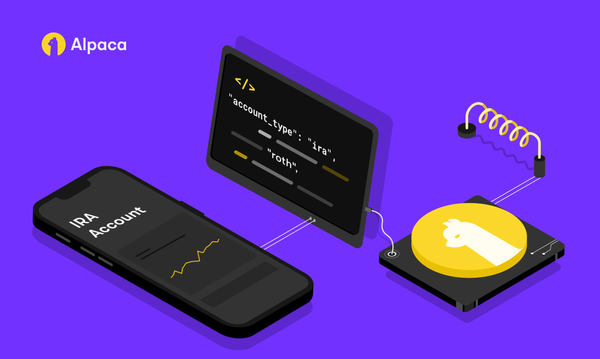How to Choose a Crypto API with the Best Developer Experience
In this post, we'll look at questions to ask yourself when choosing a crypto API.
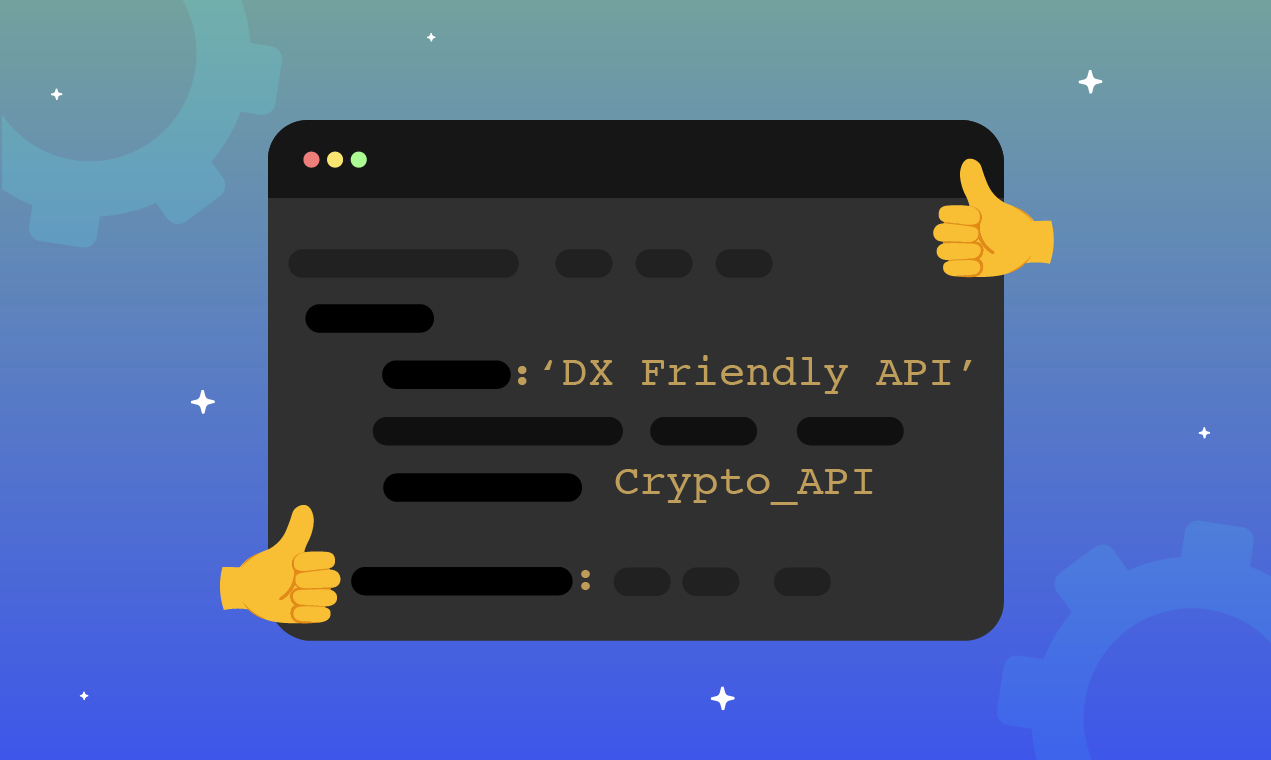
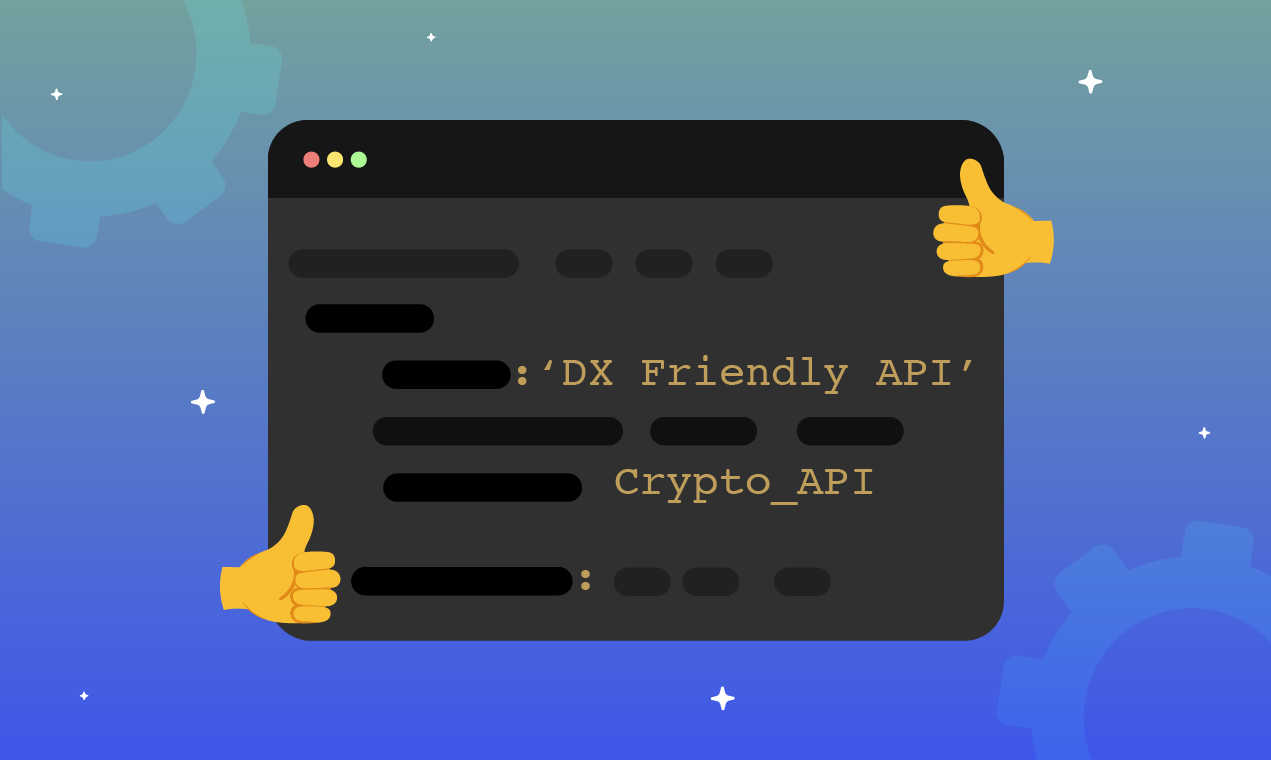
Cryptocurrencies, until recently, the iconoclastic “new kid” on the financial block, are seeing more adoption – even going mainstream – thanks in part to application programming interfaces (APIs).
Financial services companies like Visa, Mastercard, and other brokerage firms accept payments in crypto, monitor markets on crypto exchanges, and perform a host of other crypto functions with crypto APIs. These modular pieces of code let disparate applications and sites talk to each other and work together to offer more services to users.
Enterprises build APIs in order to encourage other businesses to offer their services. By making APIs easy to use, application developers can spend less time on the integration process and focus on what matters. However, not all APIs are created equal. The easier a crypto API is to use, the less work application developers need to do to integrate it. Unfortunately, not every API is user-friendly.
As crypto companies serve up their APIs, project managers may wonder how to make a decision. A great question to ask is, "Which crypto APIs offer the best user experience for developers?"
DX is just as important as UX
In the agile age, having tools that developers can easily use is critical for their success – and yours.
Suppose your developers have access to APIs that require little coding to integrate into your applications. They'll be able to incorporate them more quickly, and the result will be higher quality at launch time.
Unfortunately, many APIs are unnecessarily complex with confusing documentation that’s hard to follow – increasing the likelihood of configuration errors.
When considering which API to use, a developer might ask these questions:
Does the crypto API have a landing page that explains its purpose and what it enables applications to do?
The landing page should provide the developer with at-a-glance resources and links to templates, documentation, and everything they need to use the API.
Does it provide a tutorial explaining ways the API is or can be used?
Application developers tend to be imaginative, but they shouldn't have to use their imaginations to figure out the uses for a new crypto API. Ideally, the API provider has thought through multiple possibilities and presented them in a tutorial.
Does it have clear, comprehensive documentation that includes endpoints, schemas, authentication methods, and other helpful information?
Documentation is at the heart of a great developer experience with any API, including one enabling specific applications to accept payments in cryptocurrency or perform some other crypto-related service. Documentation should compile all the information a developer needs to understand how the API works and integrate it with an application. It may include code samples, use cases, and technical details associated with the API.
- Code samples, or snippets, show – as opposed to merely telling the developer – what your API can help them do. To get developers excited about using your API, place these snippets front and center on your documentation page, prefacing them with no more than four lines of explanation. Similar to scanning through a long body of text before getting to the recipe you need – annoying for a cook in a hurry – leading into your code samples with lots of prose is a sure-fire way to send developers elsewhere, according to user testing.
- For use cases, include instructions for the most common uses of your API, written in an easy-to-read, conversational style. Give each use case its own section, and include more code samples with each. You might even include mock APIs that developers can try out.
Technical details may include:
- status codes
- errors that the API could trigger
- authentication and authorization information including how to obtain an API key
- how to authorize requests and the errors those requests might generate
- how long tokens are valid before they expire
- information on where keys can be used and their shareability
- and HTTP web requests in various languages
Does it include an interactive API explorer?
Interactive API explorers allow developers to make calls from their own portal to a portal established for testing purposes. This allows them to try out the integrated crypto API and subsequently launch their integrated apps confidently.
Does the crypto API come in a software development kit (SDK) that is compatible with the languages and platforms that developers prefer to use?
Software development kits give developers the tools to efficiently integrate the crypto API they choose into other organizations' existing applications, or into ones they're building.
Does it have a changelog/dashboard that makes debugging a snap?
Mistakes happen, but how, when, and where isn't always apparent to developers. Combing through lines and code to find a tiny mistake can be time-consuming and frustrating. But identifying and fixing errors can be easy if an API has a changelog or a dashboard that displays changes.
Does the API developer offer 24/7 support?
Even in the best of situations, things can go wrong. When developers learn of a problem with the API, they want to fix it fast. This urgency can be especially pressing when the API involves a financial transaction, including crypto. If it doesn’t work correctly, customers may become anxious or frustrated.
Bottom Line
Cryptocurrency can seem mystifying to many people, including software developers who are new to the scene. Whichever crypto API they choose for their enterprise application will need simple, easy-to-use features and documentation for a great developer experience.
Thinking "DX" and "UX" when choosing crypto APIs increases the likelihood that both groups – developers and users – will remain loyal to an enterprise throughout the coming years.
Please note that this article is for informational purposes only. The example above is for illustrative purposes only. Actual crypto prices may vary depending on the market price at that particular time. Alpaca Crypto LLC does not recommend any specific cryptocurrencies.
Cryptocurrency is highly speculative in nature, involves a high degree of risks, such as volatile market price swings, market manipulation, flash crashes, and cybersecurity risks. Cryptocurrency is not regulated or is lightly regulated in most countries. Cryptocurrency trading can lead to large, immediate and permanent loss of financial value. You should have appropriate knowledge and experience before engaging in cryptocurrency trading. For additional information please click here.
Cryptocurrency services are made available by Alpaca Crypto LLC ("Alpaca Crypto"), a FinCEN registered money services business (NMLS # 2160858), and a wholly-owned subsidiary of AlpacaDB, Inc. Alpaca Crypto is not a member of SIPC or FINRA. Cryptocurrencies are not stocks and your cryptocurrency investments are not protected by either FDIC or SIPC. Please see the Disclosure Library for more information.
This is not an offer, solicitation of an offer, or advice to buy or sell cryptocurrencies, or open a cryptocurrency account in any jurisdiction where Alpaca Crypto is not registered or licensed, as applicable.

